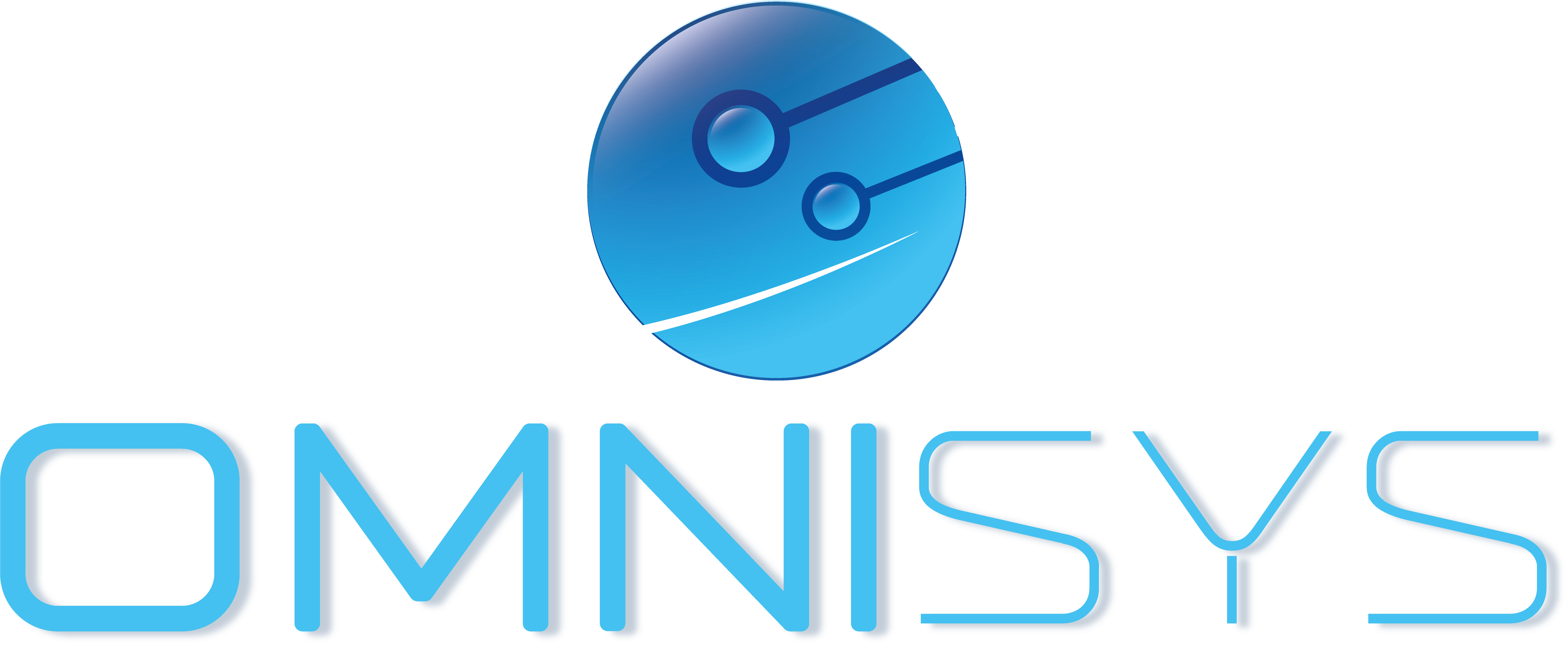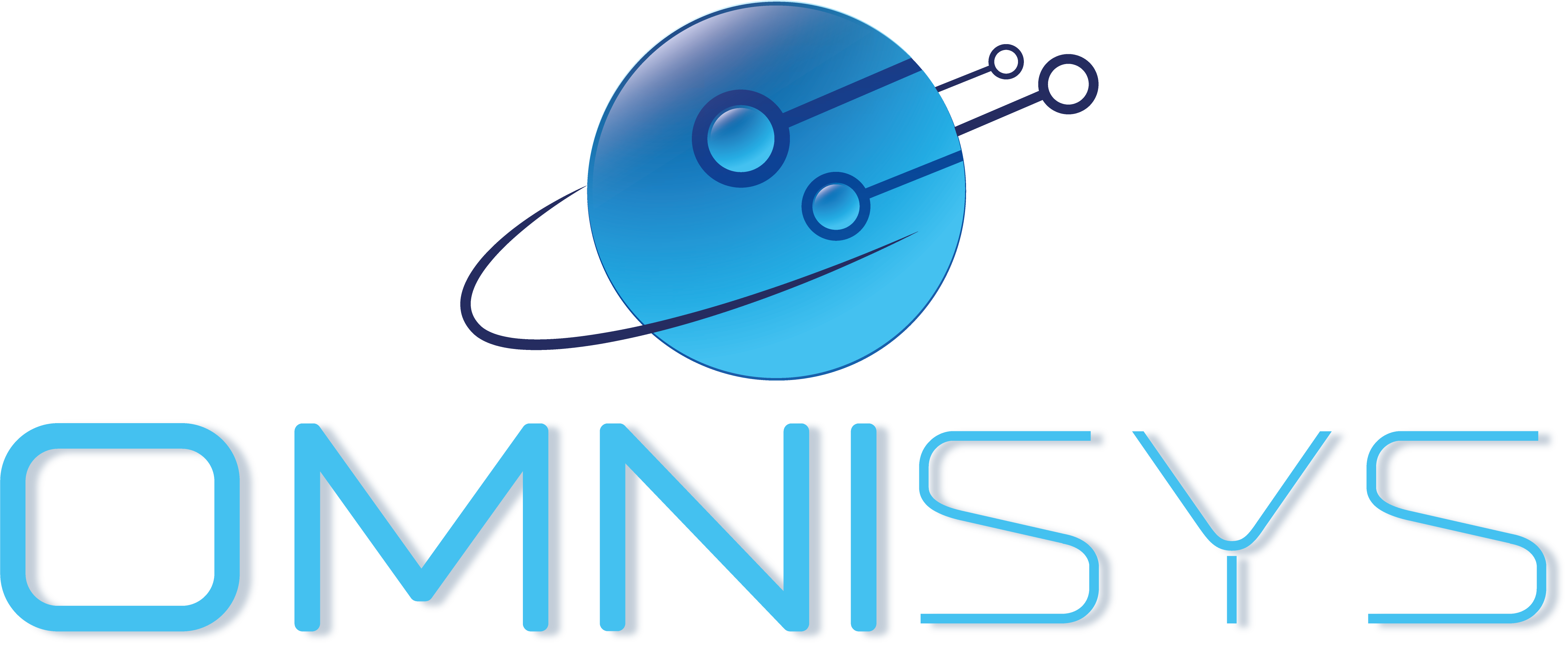Implementing a CRM can transform how a company manages its customer relationships. As more businesses recognize the importance of a CRM, many questions arise about its implementation and use. Below, we break down some of the most frequently asked questions about CRMs and their implementation.
If you are not yet familiar with the importance and benefits of a CRM, we invite you to check out our blog, CRM 101 [insert URL].
- Is a CRM suitable for my business?
Yes, a CRM is suitable for any business that interacts with customers, regardless of size or industry. From small businesses to large corporations, all can benefit from implementing a CRM. This system allows you to manage and analyze customer interactions, improving operational efficiency and customer satisfaction.
In which industries can a CRM be most beneficial?
While all industries can benefit from a CRM, sectors like sales, financial services, healthcare, real estate, and retail often see significant impact. A CRM can be customized to meet the specific needs of any industry, optimizing processes and improving customer relationships.
- How much does it cost to implement a CRM?
The cost of implementing a CRM can vary significantly depending on the provider, the size of the business, and the required features. It is important to conduct a cost-benefit analysis to determine the best option for your company.
- What factors influence the cost of a CRM?
- CRM Provider: Different providers offer various pricing models, from monthly subscriptions to perpetual licenses.
- Company Size: The needs of a small business will differ from those of a corporation, affecting the cost.
- Required Features: Advanced features like marketing automation or predictive analytics can increase the price.
- Hidden Costs: Consider additional costs like staff training, integration with other systems, and ongoing maintenance.
- What are the common challenges in implementing a CRM?
Implementing a CRM can present several challenges. Some of the most common include:- Employee Resistance to Change: Change can be difficult for some people. It’s crucial to communicate the benefits of the CRM and provide adequate training to ease the transition.
- Integration with Existing Systems: Ensure that the CRM integrates smoothly with your current systems. This may require additional work and careful planning.
- Data Migration and Quality: Transferring data from old systems can be complicated. It’s important to ensure the accuracy and quality of migrated data to avoid future issues.
- Training and Adoption by Staff: Continuous training and support are essential to ensure that staff use the CRM effectively. Provide resources and support to resolve any issues that arise.
- How can a CRM improve my customer relationships?
A CRM centralizes all customer information, allowing quick and easy access to important data. This enables more personalized and efficient service, which can significantly improve customer relationships.
- How does a CRM help with service personalization?
With a CRM, you can track past interactions, customer preferences, and behaviors. This information allows you to personalize communications and offer more relevant solutions, which can increase customer satisfaction and loyalty.
- How is the Return on Investment (ROI) of a CRM measured?
Measuring the ROI of a CRM involves evaluating the financial benefits obtained against the costs of implementation and operation. Some key metrics include:- Increase in Sales: Assess the sales growth attributable to CRM usage.
- Reduction in Operational Costs: Measure the efficiency gained in business processes.
- Improvement in Customer Satisfaction: Use surveys and feedback to evaluate improvements in the customer experience.
- Customer Retention: Analyze the customer retention rate and its financial impact.
- Is a CRM only useful for sales?
While CRMs are commonly associated with sales, their utility goes far beyond that. A CRM can be a powerful tool for marketing, customer service, technical support, and project management. It centralizes all customer interactions in one place, improving collaboration between different departments and optimizing the customer experience at every touchpoint.
How can a CRM benefit the marketing department?
Marketing teams can use a CRM to manage campaigns, segment audiences, analyze results, and improve communication personalization. A CRM can also automate repetitive tasks, freeing up time for more creative strategies.
- What should I consider when choosing a CRM?
Choosing the right CRM is a critical decision that can significantly impact your company’s success. Here are some key factors to consider:
- Specific Features: Identify the features your company needs, such as contact management, sales automation, customer support, analytics, and reporting.
- Integration: Ensure that the CRM can integrate with the systems and tools you already use, such as accounting software or marketing platforms.
- Ease of Use: An intuitive and easy-to-use CRM will ensure faster adoption by staff.
- Customer Support: Evaluate the quality of the provider’s customer support to ensure you receive help when needed.
- Scalability: Choose a CRM that can grow with your company, adapting to new needs and expansion.
The key is to choose the right CRM, implement it correctly, and ensure effective adoption by staff. If you want to learn more about how a CRM can benefit your business, we invite you to schedule an initial evaluation call for a preliminary diagnosis. Don’t hesitate to contact us and take the first step towards optimizing your customer relationship management.



